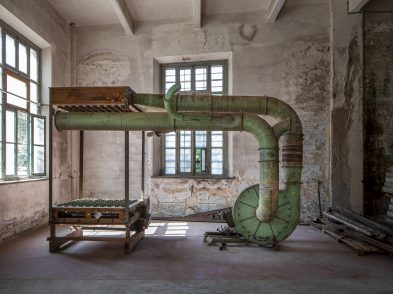A Roman holiday
will cost a little bit more now that local officials have introduced a room
tax. Already in effect, the tax was created by Rome’s city council to an effort
to ‘financially assist the city’s efforts in organizing urban services’ and
‘ensure the standard of the tourists’ stay is both highly efficient and of the
best quality.’
The tax varies according to the type of accomodation.
A night’s stay in a campsite or a bed and breakfast will cost an extra euro.
Guests in one- to three-star hotels will pay an additional two euro per night.
Those staying in four- and five-star accommodation will pay an additional three
euro each night.
The few euro add up: the new tax will increase city
revenues by 82 million a year. Although most of the revenue will go toward
urban improvements and help keep Rome clean and
orderly, 5 percent is being allocated to Rome’s tourist promotion budget.
The city’s many hoteliers worry that the millions of
tourists who come to the Eternal City each year will now think twice before sojourning
there: no other city in Italy or Europe has an occupancy tax. Although room tax is common in
the United
States and Canada, it is only now being considered in other Italian and European cities
as a way to increase city coffers. High-tourism cities such as Florence and Venice have been
considering implementing an extra room or tourist tax for years.
Tourist tax in Florence, too?
Following Rome’s lead, Mayor Renzi is considering an occupancy tax for Florence, an idea that has been booted around the city council
since 2003. The proposal, however, is meeting fierce opposition from hoteliers
and local business leaders and associations who fear that an extra charge will
reduce tourism. Supporters of the levy argue the additional revenue could help
keep the city clean, reduce urban blight, improve tourism services, fund
cultural events and activities and finance efforts to promote tourism.
What do you think? Email us at inbox@theflorentine.net with your comments







